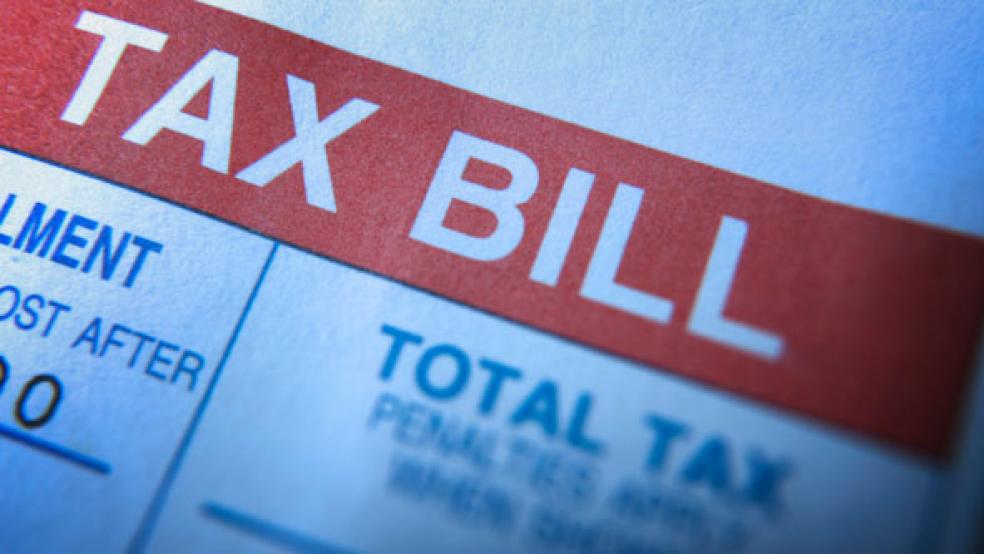In an interview with the Financial Times published Friday, President Trump’s chief economic adviser, Gary Cohn, provided a bit more detail on the White House’s agenda for tax reform. Included on the wish list: the elimination of the estate tax.
Who pays the estate tax and would benefit from such a change?
The short answer, from the Tax Policy Center: “The top 10 percent of income earners pays nearly 90 percent of the tax, with over one-fourth paid by the richest 0.1 percent. Few farms or family businesses pay the tax.”
The tax group estimates that roughly 11,000 people who die this year will leave estates large enough — with a gross value of $5.49 million or more — to require a federal estate tax return. About 5,500 estates will actually owe tax, with more than two-thirds of them being in the top 10 percent of income earners.
In all, the Tax Policy Center estimates that estate tax liability for the year will total nearly $20 billion, and the top 10 percent of income earners will pay 88 percent of that total. The top 0.1 percent will pay 27 percent of it.
Some on the left are already pushing back on the idea of eliminating the estate tax. Gene Sperling, economic adviser to Presidents Clinton and Obama, tweeted out this:
Next time you hear GOP on 'middle class' remember: their estate tax repeal is $269B - ALL goes to top .2 of top 1% https://t.co/2acyBxB0s4
— Gene Sperling (@genebsperling) August 25, 2017
Sperling’s tweet linked back to his piece for The Atlantic from earlier this year making a political and economic argument for the estate tax to be raised, including:
“After years of looking, estate-tax repealers have not been able to come forward with even a handful of farms that, due to the estate tax, were forcibly sold off. And the notion that the estate tax somehow inhibits middle-class Americans from passing down savings to their heirs now, more than ever, falls somewhere between a hoax and a joke: The estate tax today kicks in at about $5.5 million for an individual, or $11 million for a couple. That means that there is a zero percent estate tax for every family estate under $11 million. A married couple that managed to save and leave $10.9 million to their children would not pay a single penny.”
Nevertheless, repealing the estate tax is near and dear to hearts of many Republicans. Much of their opposition seems to be based on a sense that taxing the dead is just plain wrong – “un-American,” as House Ways and Means Committee Chairman Kevin Brady called it recently. "You work your whole life to build up a nest egg or a family-owned business or family farm. Then you pass away. ... Uncle Sam can swoop in and take over 40% of everything you've earned over a certain amount. It's just wrong." What Brady didn't say is that very few Americans will ever actually pay that tax.





